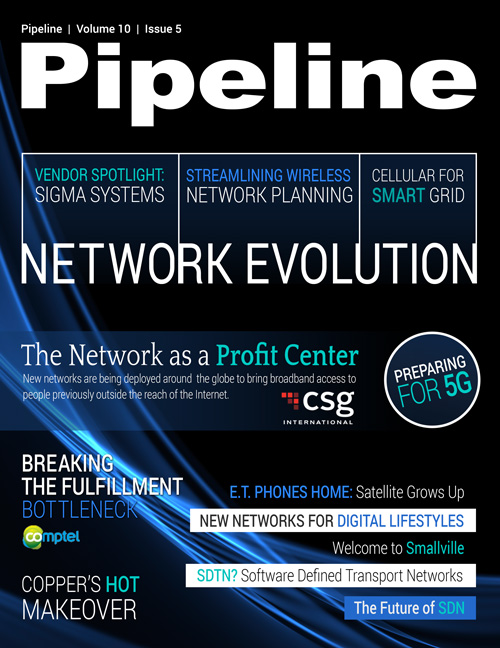5G and the Future of Wireless Networks
Intel goes back to school
Intel has formed a research collaboration with nearly a dozen leading universities worldwide to explore technologies for next-generation wireless networks, investing at least $3 million at Stanford, ITT Delhi and Pompeu Fabra University in Barcelona, among others. The work focuses on topics such as how to improve quality of service (QoS) via context awareness, wireless-device power efficiency and the enablement of new radio spectrum. The Intel Strategic Research Alliance includes industry partner Verizon.
Samsung claims 5G speeds
In May, Samsung announced a breakthrough in 5G: a mobile-phone network that can download a high-definition film in one second.
As stated in its press release, “Samsung’s latest innovation is expected to invigorate research into 5G cellular communications across the world; the company believes it will trigger the creation of international alliances and the timely commercialization of related mobile broadband services.”
5G mobile, according to Samsung, will transmit data several hundred times faster than 4G networks and enable services like 3-D movies, video games and even medical services. Its solution is a millimeter-wave band technology that transmits data “at a frequency of 28 GHz at a speed of up to 1.056 Gbps [gigabits per second] to a distance of up to 2 kilometers.”
Analysts believe, however, that Samsung is full of hot air, because it’s not the only company to have broken the wireless speed barrier in a controlled setting: NTT Docomo has also demonstrated lightning-fast wireless broadband. In both cases, however, these achievements took place in laboratory settings, and over spectrum that isn’t yet licensed for cellular use. Whether or not Samsung and NTT Docomo’s technologies will fuel the future or just future press releases remains to be seen.Ericsson and 5G
If you ask Ericsson, 5G doesn’t describe any particular specification in any official document published by any official telecommunications standardization body. This is, in fact, true, as neither the International Telecommunication Union (ITU), the 3rd Generation Partnership Project (3GPP) nor the European Telecommunications Standards Institute (ETSI) have developed a 5G standard. But that doesn’t mean these organizations aren’t considering 5G: ETSI, for example, is holding a summit in Mandelieu, France, on November 21 to discuss 5G standardization. Furthermore, based on the direction of standards like IMT-Advanced (International Mobile Telecommunications) and discussion panels at industry trade shows, the rough outline of 5G can be ascertained.





















